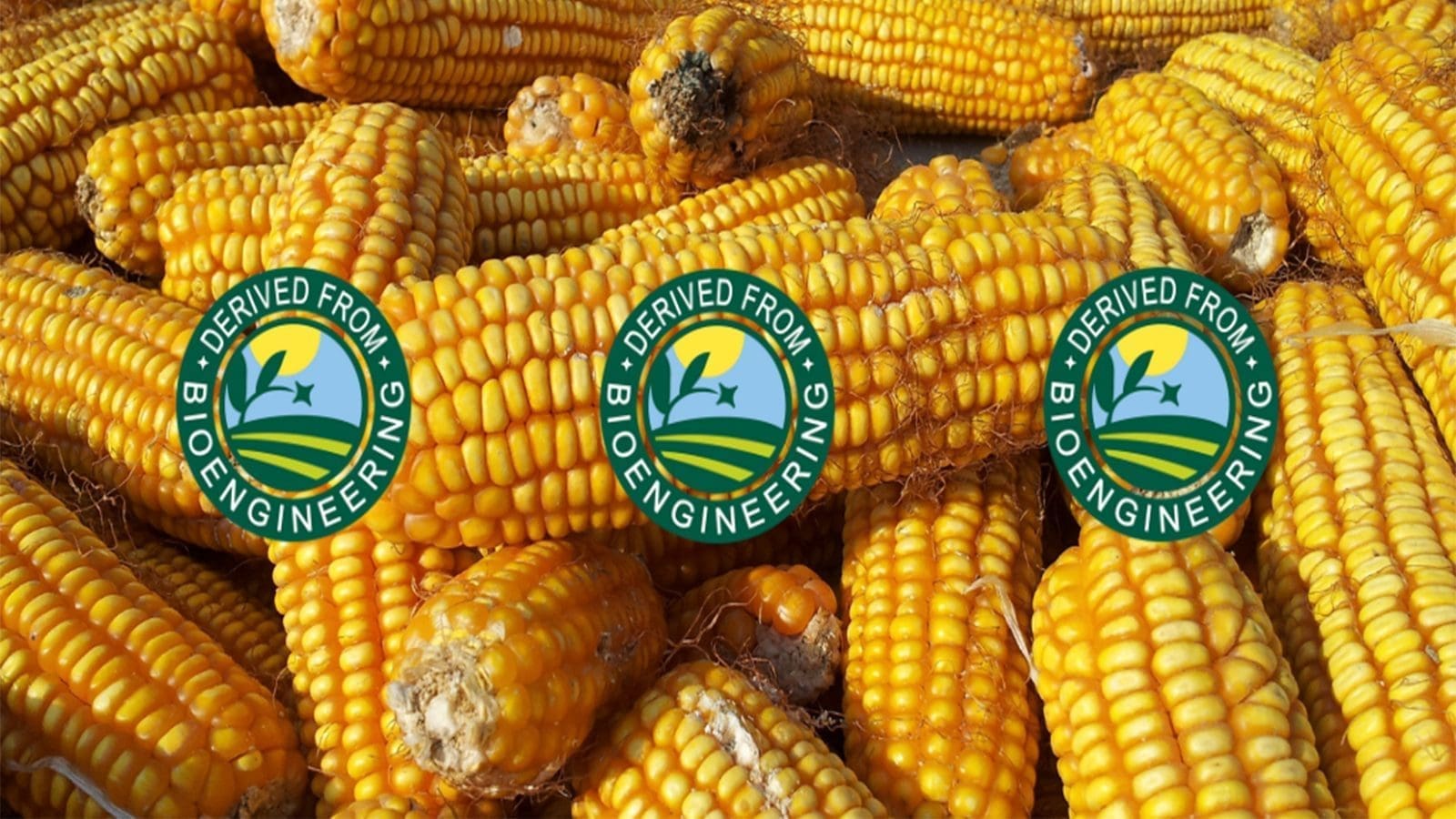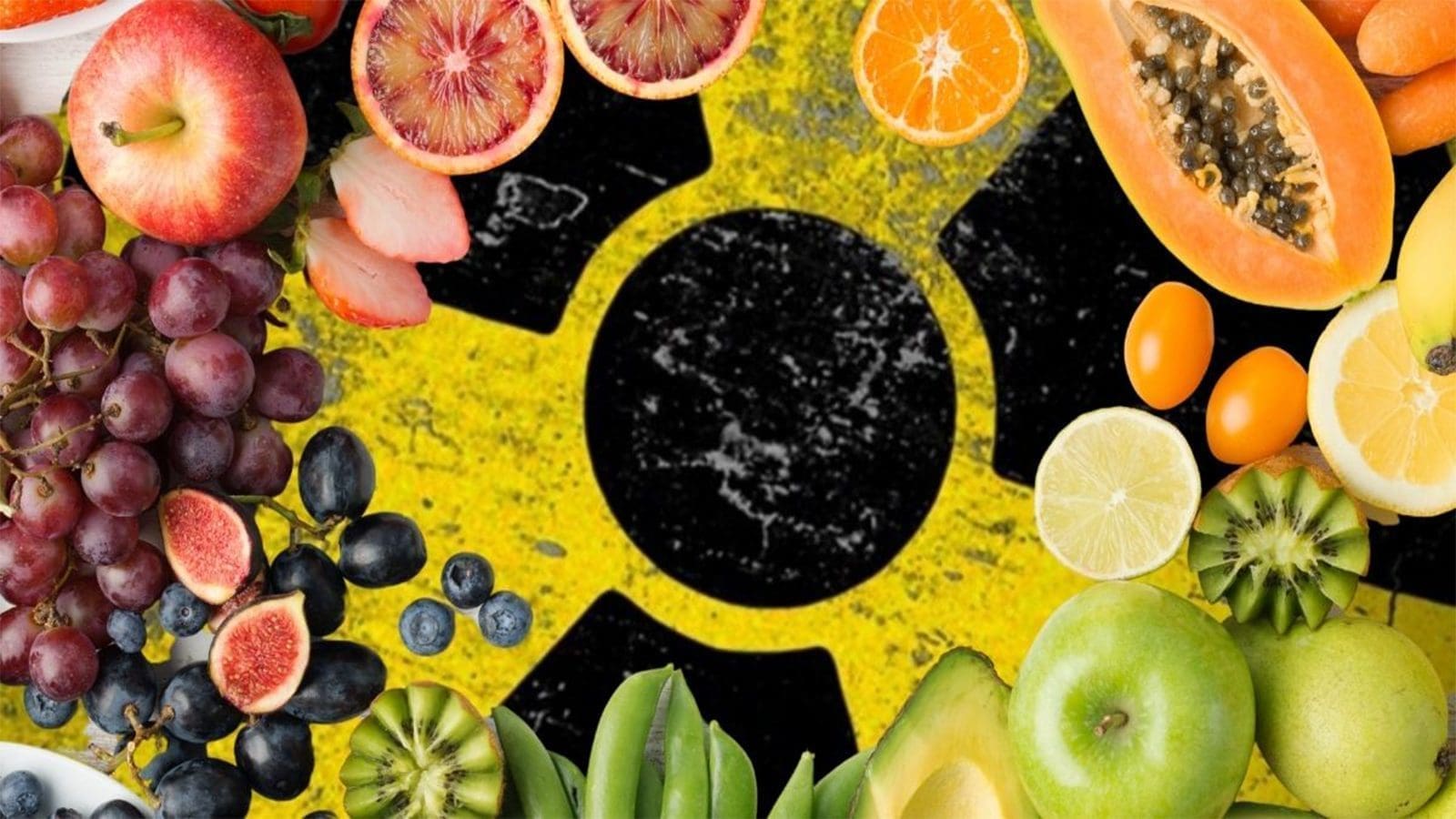KENYA – The National Biosafety Authority (NBA), the agency responsible for regulating biotech products in the country, has revealed that Kenyan manufacturers will have to label products that contain more than 1% of genetically modified organism (GMO) content to give consumers a choice on what they want to consume.
Eric Korir, Principal Biosafety Officer at NBA said the move is not a safety concern but only meant to guide consumers in decision-making.
He noted that it will be mandatory for manufacturers to have labels that indicate whether the product is GMO or non-GMO.
“Labelling is not a safety issue but for traceability of the GMO products in the market. With the label, we will be able to trace them and know where they are placed.
“Secondly, labelling is also done to give consumers a choice. It is there to inform the public that the product is GM and make them decide whether they want to buy it or not,” he said.
According to the Biosafety Officer, labeling of GMOs is a legal necessity. As such, once a product is cultivated or allowed onto the market, it must be branded according to regulations..
He revealed that NBA will continue to keep an eye on crops released onto the market, records Business Daily.
“It does not end there because we are required to do post-release or post-commercialization monitoring. This will be done to check if there is any adverse effect as a result of the cultivation of this GMO,” Korir said.
Per the Officer, the monitoring will last for 20 years after which the legislation simply requires them to regulate rather than do further analysis.
Kenya recently repealed its 10-year ban on GMOs leaving mixed reactions among lobbyists and other East African Counterparts.
The lobbyists claimed that the decision was made without consulting the public and that it “basically restricts Kenyans’ ability to pick what they want to consume.”
According to Acting Institute Director Martin Mwirigi of the Kenya Agriculture and Livestock Research Organization’s (KALRO’s) Biotechnology Research Institute, repeated droughts brought on by climate change have made it necessary to adopt new technology in order to increase output.
For all the latest food safety news from Africa and the World, subscribe to our NEWSLETTER, follow us on Twitter and LinkedIn, like us on Facebook and subscribe to our YouTube channel.








